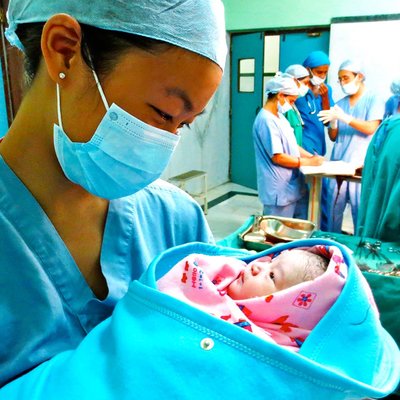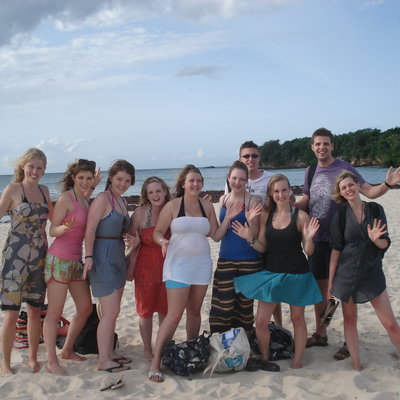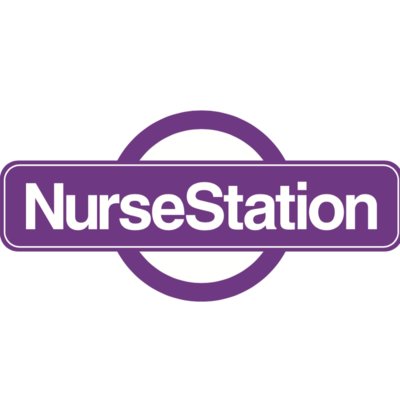Health workers are the backbone of a healthcare system, regardless of where in the world it may be.
Yes, there are resource problems — a lack of PPE and bed spaces being the standout problems. But it’s health workers who are on the ground, putting their lives on the line to solve these immense problems for the sake of their patients.
This is why so many people describe working in healthcare as a vocation.
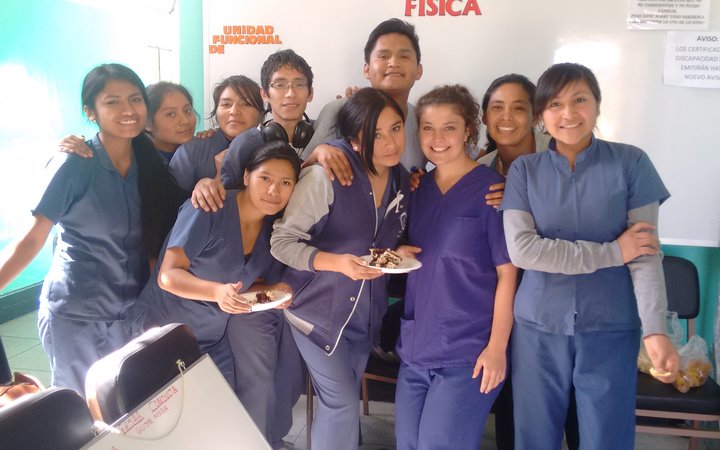
We’ve been so focused on watching the numbers and graphs go up and down that we’ve forgotten the most important thing — that individual health workers with their own unique stories are at the centre of all this.
It’s time to put them back in the spotlight.
The Year of Health and Care Workers
The World Health Organization thinks so too, and they’ve designated 2021 as the Year of Health and Care Workers,
Their slogan for the campaign is ‘Protect. Invest. Together.’
They say it’s all about properly investing in health workers for shared benefits in health, jobs, economic opportunity and equity.
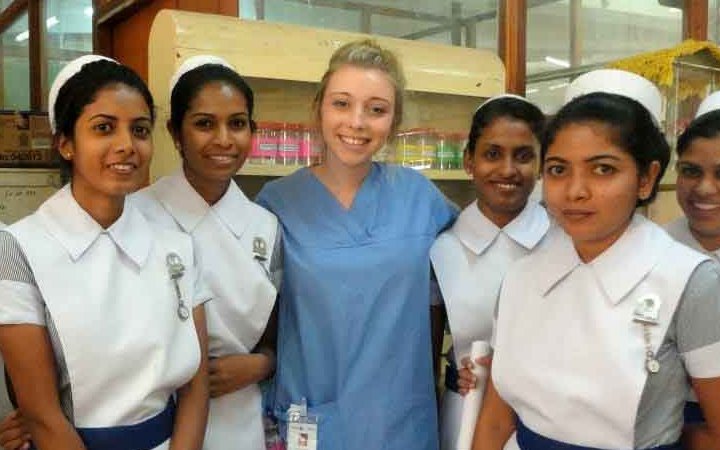
On that last point, the lack of equality of opportunity for health workers — particularly in the global context — is obvious. There’s a far broader range of opportunities for a nurse in the UK when compared to a nurse in Ghana, for example.
It’s harder for nurses in low-resource healthcare systems to provide care up to the level of their training, too.
“Being a nurse, wherever you are in the world, you naturally build resilience over time to be able to adapt to the stresses of the nursing profession. But, during my nursing placement in Ghana, I found it tough to accept that the funding to provide the supplies local staff needed wasn’t there. They just had to work with what they had, which often wasn’t enough.” — Emily McClymont, University of Portsmouth, nursing placement in Ghana
Protecting health workers
Health and care workers must have the support they need in a work environment that enables them to do their jobs at the highest level.
If you’re undertaking hospital placements in the UK during your own degree, you’ll understand what a supportive and enabling working environment looks like — you’ve got equipment and medicine at your fingertips, you get yearly training to update your skills, and there are endless opportunities for professional development. And this is all publicly funded.
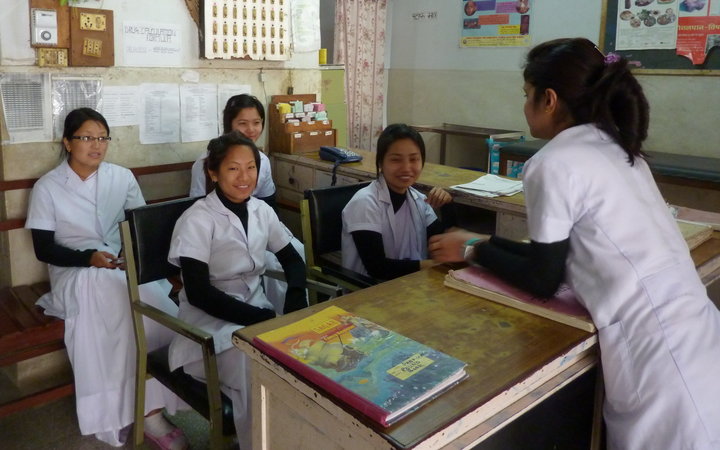
But in low-resource healthcare systems overseas, these things are rare, if they exist at all.
The consequence is that health workers have to make huge compromises so they can give a better level of care to their patients.
“To help resources meet demand, there were many more patients booked into a clinic timeslot than there would be in the UK. To make matters worse, patient privileges considered sacred in the UK took a back seat.
One example of this was patient privacy and confidentiality. Clinics were often so full that queuing patients stood directly behind those currently being consulted.
They could hear everything that was being said about the patient ahead of them.” — Anthony Green, University of Warwick, on his medical placement in Sri Lanka.
Get out there and see it for yourself
It’s obvious that you have to have an understanding of global health if you want to future-proof your career.
You can read as much as you want about it in textbooks or online. But there’s no substitute for packing your bags and getting out there to see what it’s like for yourself.
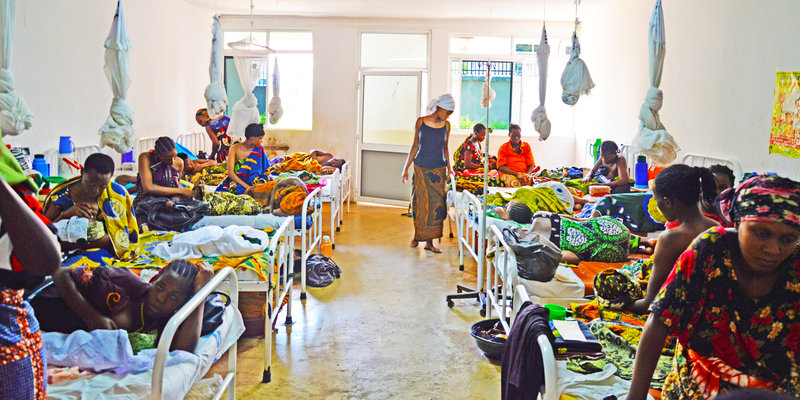
On an overseas Work the World placement, you get on-the-ground global health experience that puts you among the rare few people who can say they’ve seen it firsthand.
We’ll put you right there on the wards of a low-resource hospital where you’ll see unfamiliar cases, inventive practices and techniques, and unique cultural attitudes towards delivering care.
You choose which destination you want to travel to and which departments you want to get experience in and we’ll do the rest.

See it for yourself
Why not have your own life-changing overseas experience? Choose from destinations in Africa and Asia.
Why not have your own life-changing overseas experience? Choose from destinations in Africa and Asia.


